Aden, Yemen – In a significant meeting held at Ma’asheeq Palace in Aden, Yemen’s temporary capital, Dr. Rashad Mohammed Al-Alimi, the head of Yemen’s Presidential Leadership Council, convened with the President and members of the Supreme Judicial Council. This gathering underscores the government’s commitment to judicial and legal reforms amidst the country’s ongoing challenges.
Legal Amendments on the Agenda
During the meeting, the Supreme Judicial Council, led by Judge Mohsen Yahya Talib, presented two key legislative proposals to the head of the Presidential Leadership Council. The amendments focus on revising Law No. (4) concerning judicial fees and modifying Article (40) related to blood money and compensation, as per the amended law of 2006. These proposed changes aim to curb frivolous lawsuits in primary courts, tighten sanctions against offenders, and ensure the protection of life and physical integrity, aligning with the five essential necessities outlined in Islamic law.
Judicial Achievements and Future Plans
The Council discussed the judiciary’s accomplishments and its strategies for enhancing the judicial system in coordination with the Ministry of Justice and other relevant state institutions. The conversation covered financial requirements and infrastructural needs essential for reinforcing the judiciary’s role in upholding justice and the rule of law, safeguarding public rights and freedoms.
Presidential Praise and Directives
Dr. Al-Alimi praised the Supreme Judicial Council’s efforts since its reformation, highlighting its role in maintaining public peace and societal satisfaction with state institutions, especially in the face of the destructive war ignited by the Houthi militia, backed by Iran. He directed the government to address challenges facing the judiciary, including prioritizing its members for medical grants for critical illnesses and initiating arrangements to admit new students to the Higher Judicial Institute.
Addressing Political and Economic Developments
The meeting also provided an opportunity to brief the judicial leadership on the latest political, economic, and humanitarian developments, emphasizing the catastrophic impact of Houthi assaults on oil facilities, infrastructure, and international maritime security. The President underscored the support from Saudi Arabia, led by King Salman bin Abdulaziz and Crown Prince Mohammed bin Salman, in fulfilling the government’s obligations and mitigating the financial crisis’s impact on humanitarian conditions.
The Deputy Director of the Presidential Office, Iqbal Bahader, was also present at the meeting, highlighting the collaborative effort to navigate Yemen through its current challenges.
This meeting marks a pivotal step towards legal and judicial reforms in Yemen, aiming to strengthen the judiciary’s capacity to deliver justice and uphold the rule of law amidst the country’s complex political and humanitarian landscape.
To follow the news in Arabic
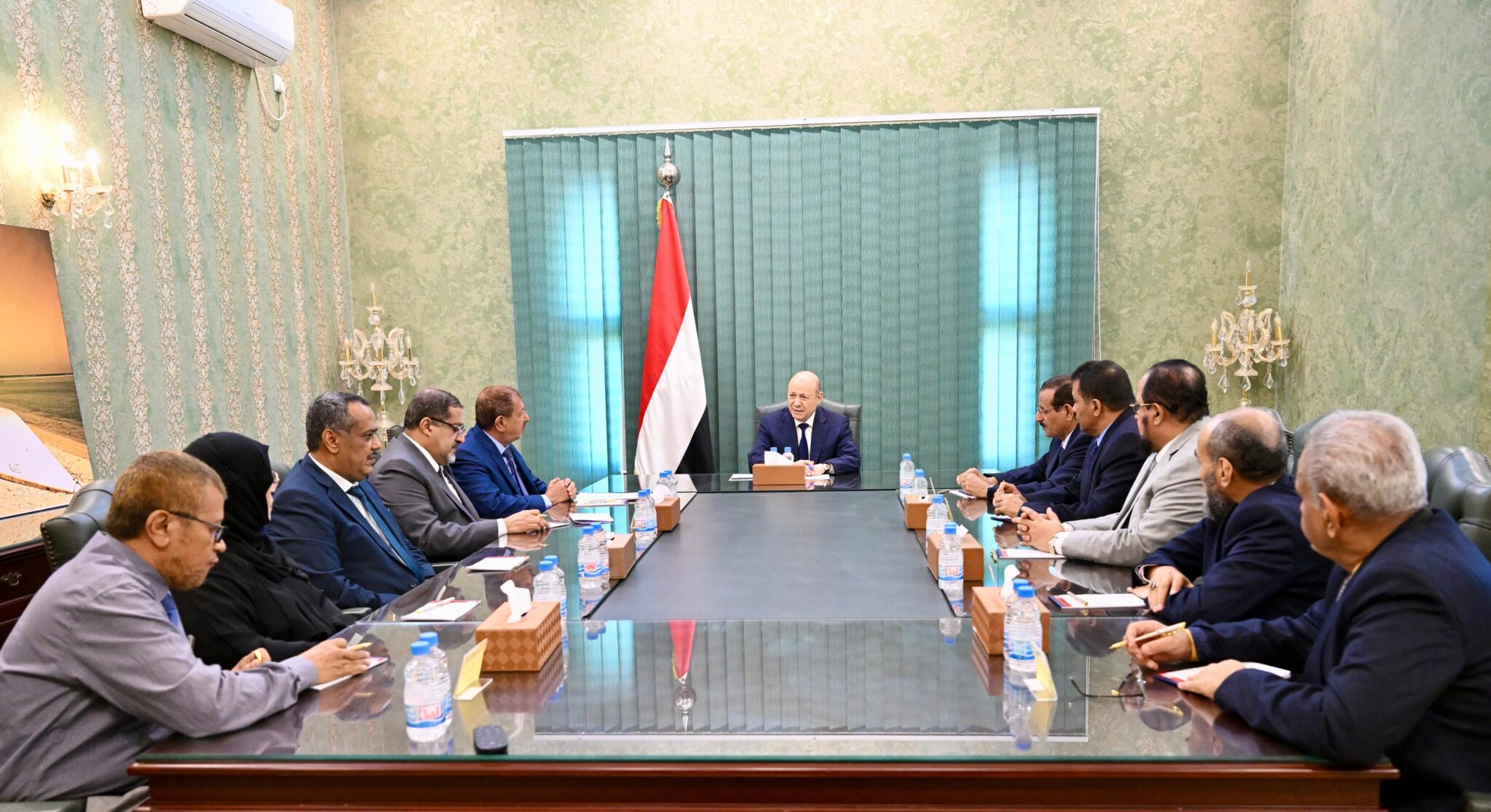
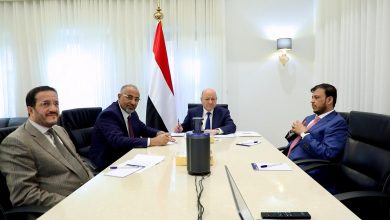 The Presidential Leadership Council discusses national and regional developments in a recent meeting.
The Presidential Leadership Council discusses national and regional developments in a recent meeting.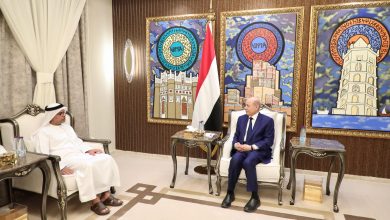 The Chairman of the Presidential Leadership Council receives the Ambassador of the United Arab Emirates.
The Chairman of the Presidential Leadership Council receives the Ambassador of the United Arab Emirates.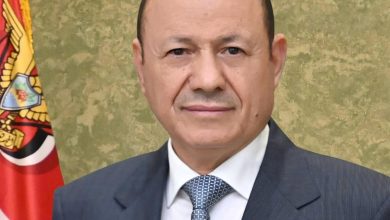 The Chairman of the Leadership Council praises the new British support for the Yemeni Coast Guard forces.
The Chairman of the Leadership Council praises the new British support for the Yemeni Coast Guard forces.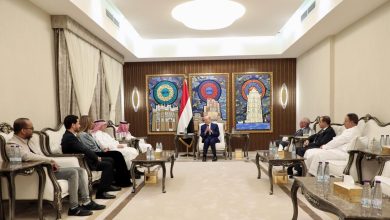 The Chairman of the Leadership Council receives the leadership of the Yemeni Orchestra.
The Chairman of the Leadership Council receives the leadership of the Yemeni Orchestra.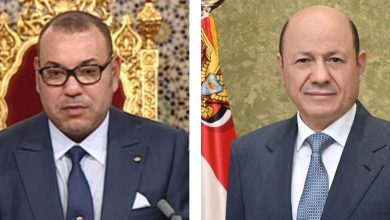 The Chairman of the Presidential Leadership Council extends congratulations on Morocco’s Independence Day.
The Chairman of the Presidential Leadership Council extends congratulations on Morocco’s Independence Day. The President of the Presidential Leadership Council meets with the Chairman and members of the Parliamentary Leadership Council.
The President of the Presidential Leadership Council meets with the Chairman and members of the Parliamentary Leadership Council.